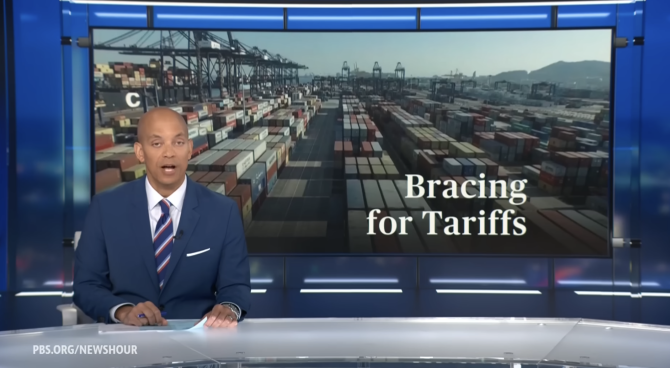
This PBS NewsHour segment by Catherine Rampell explores how businesses are bracing for potential tariffs promised by President-elect Donald Trump, especially on Chinese and Mexican imports. Companies like Deer Stags, which imports shoes from China, are stockpiling goods before tariffs hit, but face high risks in doing so. Others, like TILIT and Flexport, are scrambling to adjust supply chains or seek tariff engineering strategies.
While some firms try to diversify manufacturing to countries like Vietnam or Mexico, new tariff threats—even on those countries—create a volatile “Whac-A-Mole” climate. Domestic production remains limited due to high labor costs and a shortage of skilled workers.
Economist Mary Lovely explains that past tariffs were largely paid by U.S. businesses and passed on to consumers, increasing household expenses by up to $4,000 annually.
One potential beneficiary of rising tariffs is Unionwear, led by Mitch Cahn, which manufactures union-made bags and hats in New Jersey. Cahn says geopolitical chaos and “Made in USA” events like the 250th anniversary, Olympics, and World Cup are boosting domestic demand. However, scaling production is difficult due to labor shortages—leading Unionwear to automate bag manufacturing to remain competitive.
Overall, the report paints a picture of widespread uncertainty, rising costs, and shifting global production strategies—with a few domestic manufacturers poised to benefit if they can overcome labor and automation hurdles.

 Dad Caps
Dad Caps
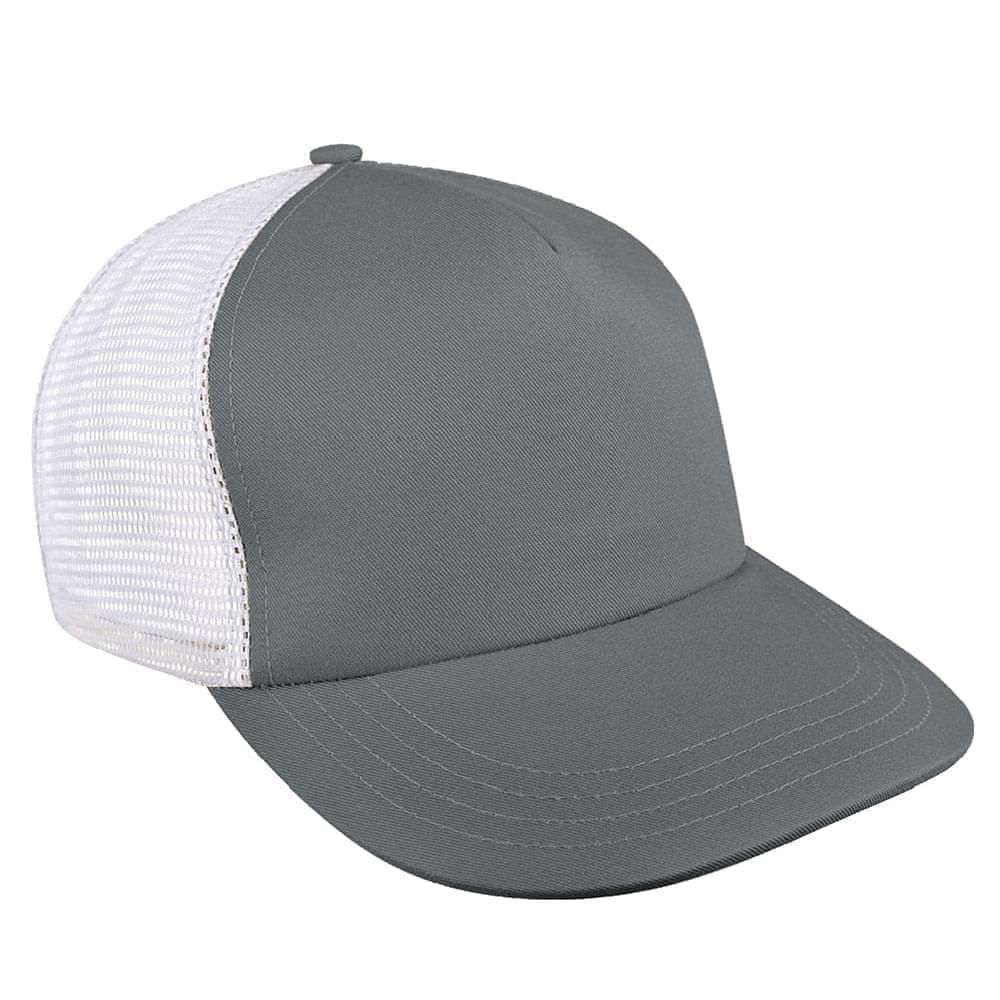 Five Panel Hats
Five Panel Hats
 Mesh Back Hats
Mesh Back Hats
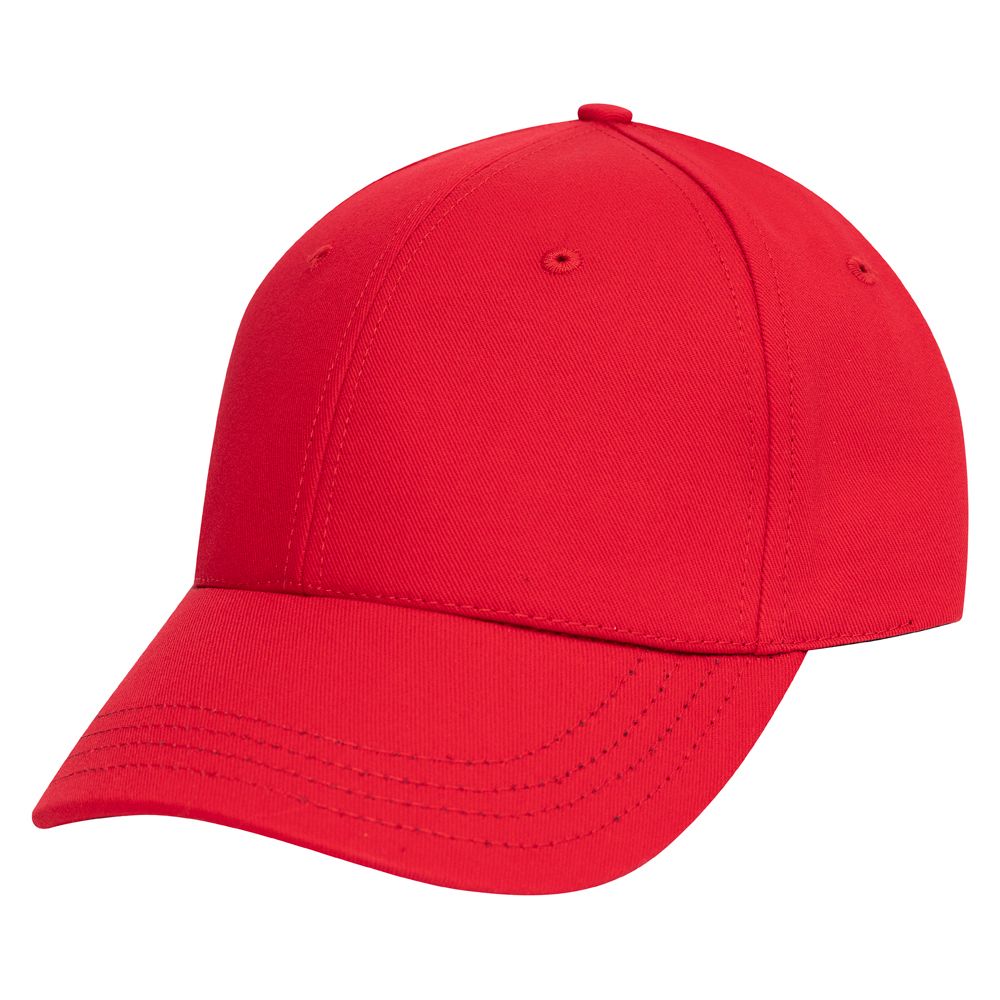 In Stock Blanks
In Stock Blanks
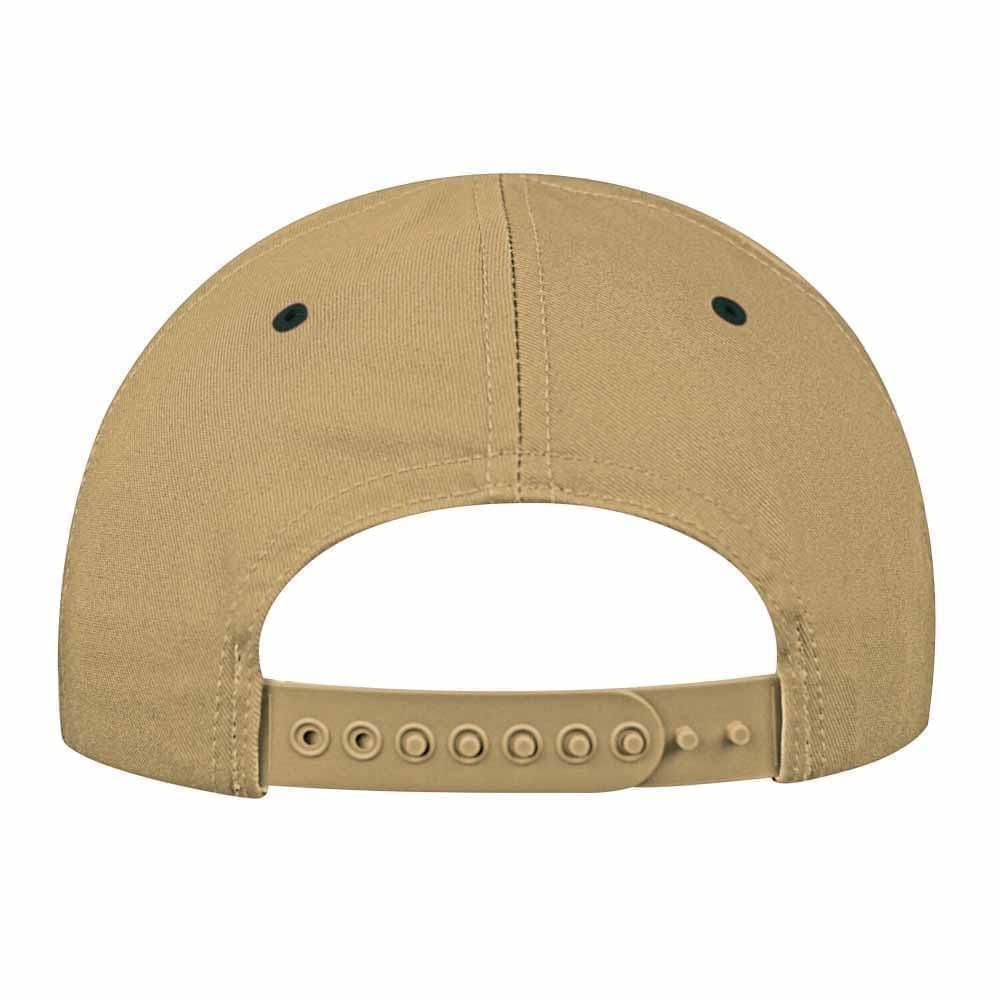 Snapback Hats
Snapback Hats
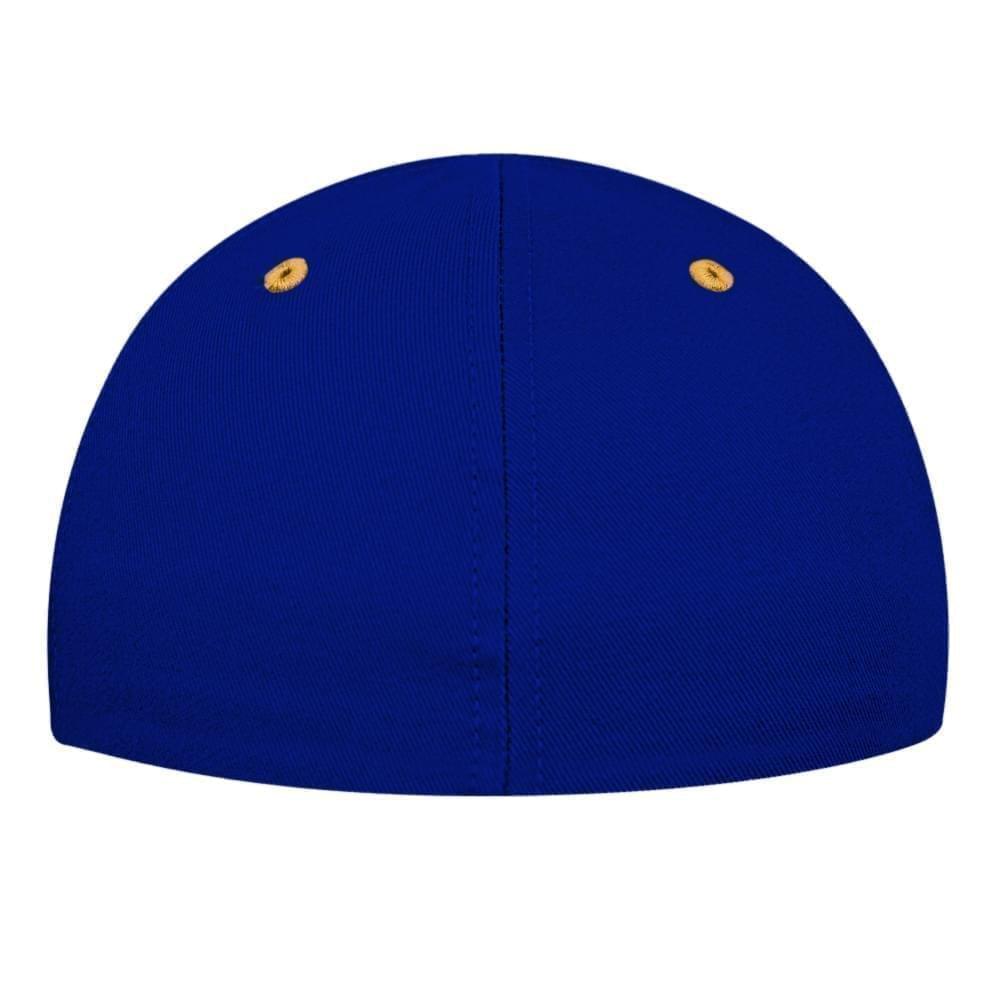 Stretchfit Hats
Stretchfit Hats
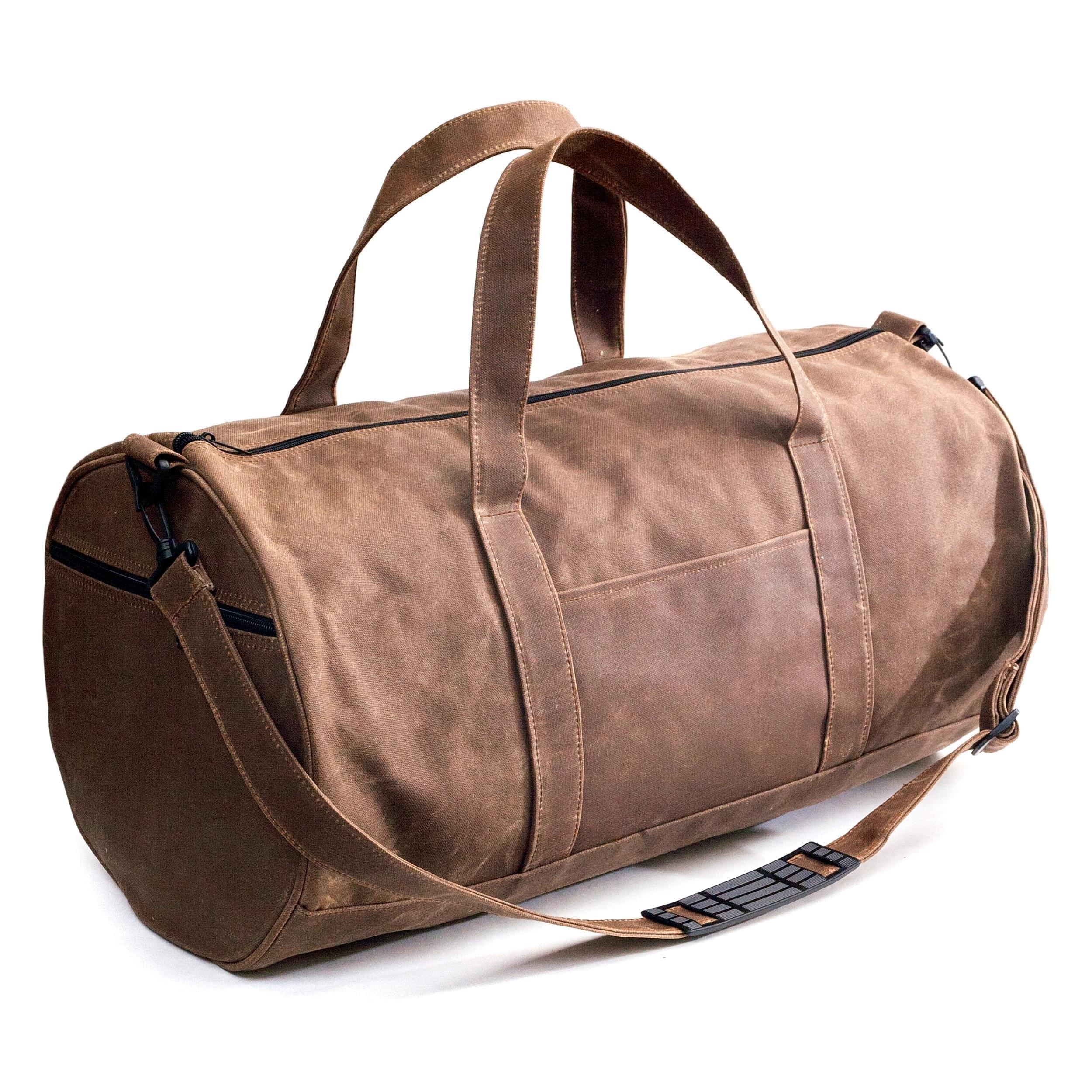 Duffel Bags
Duffel Bags
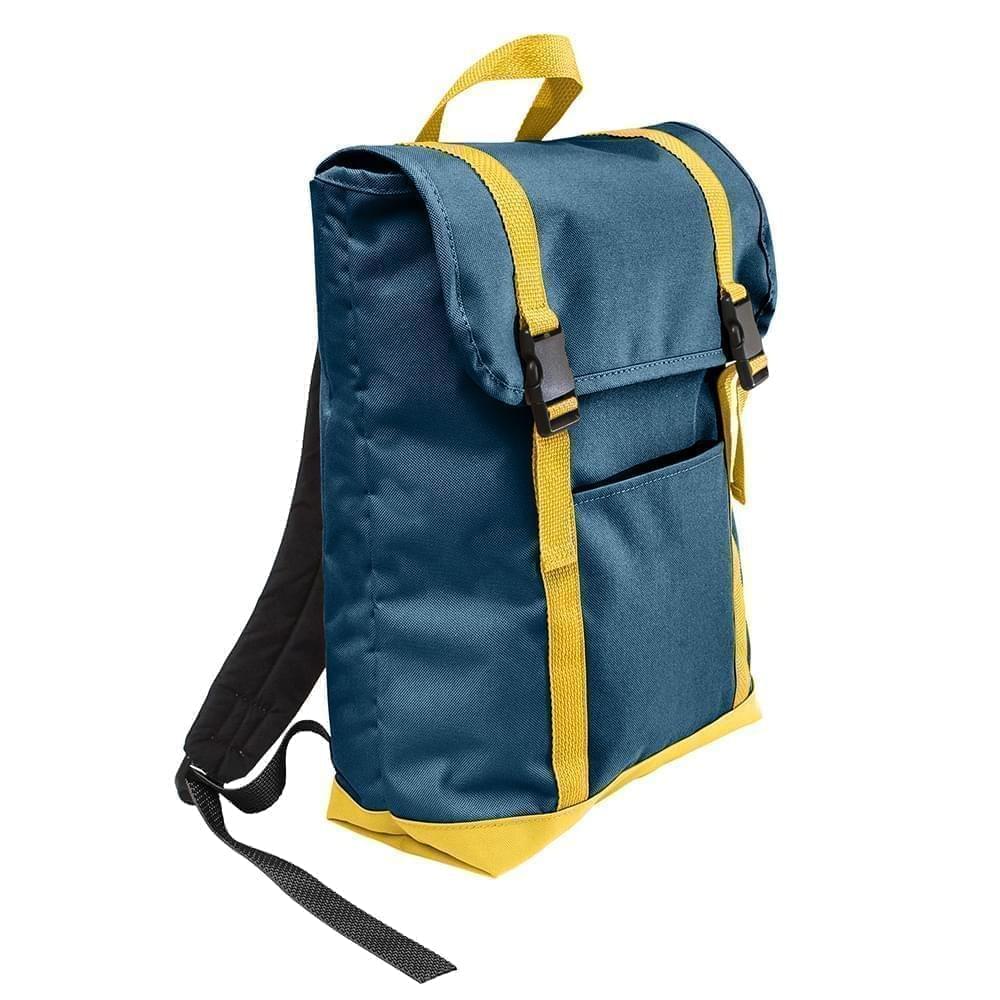 Backpacks
Backpacks
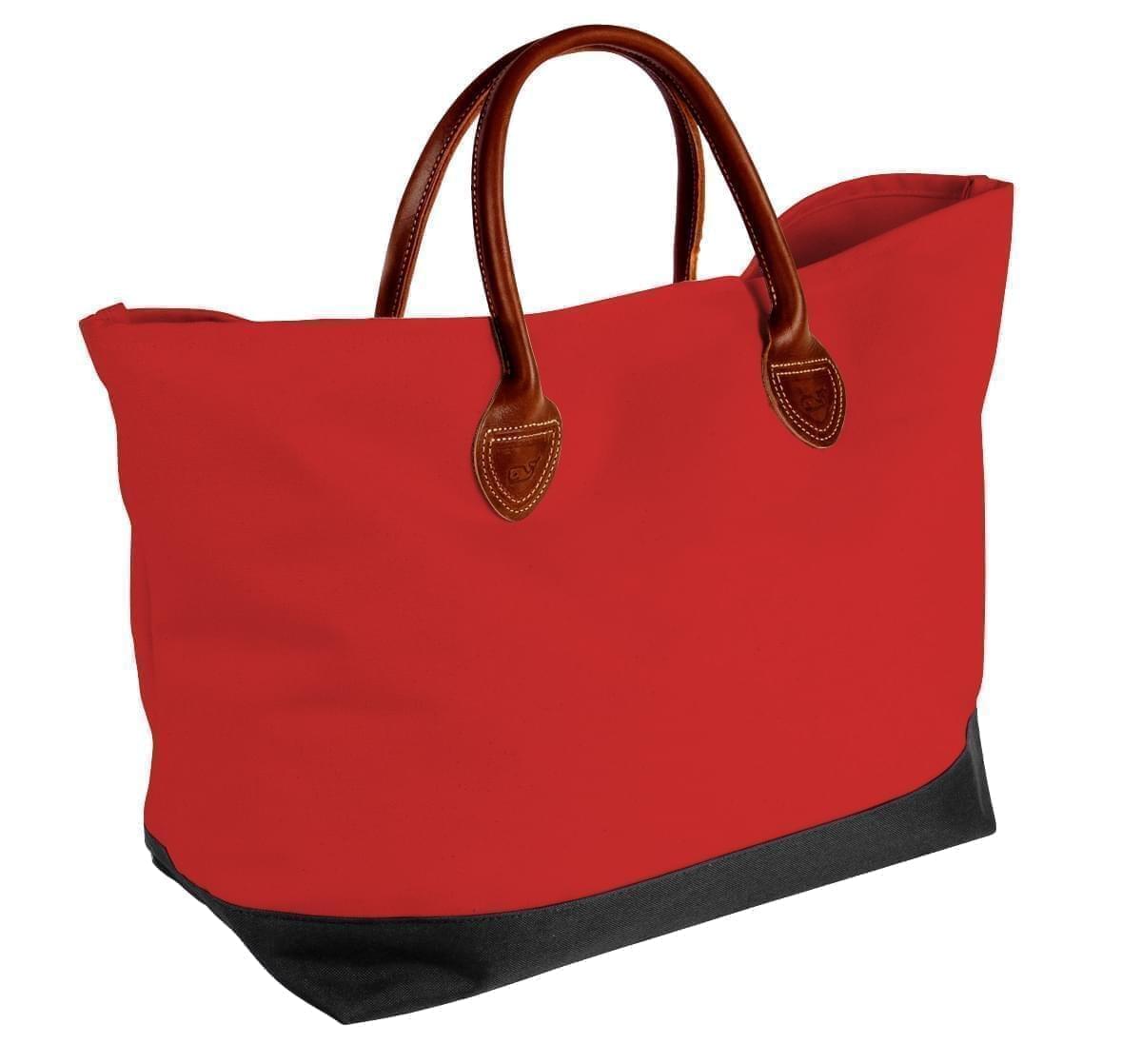 Tote Bags
Tote Bags
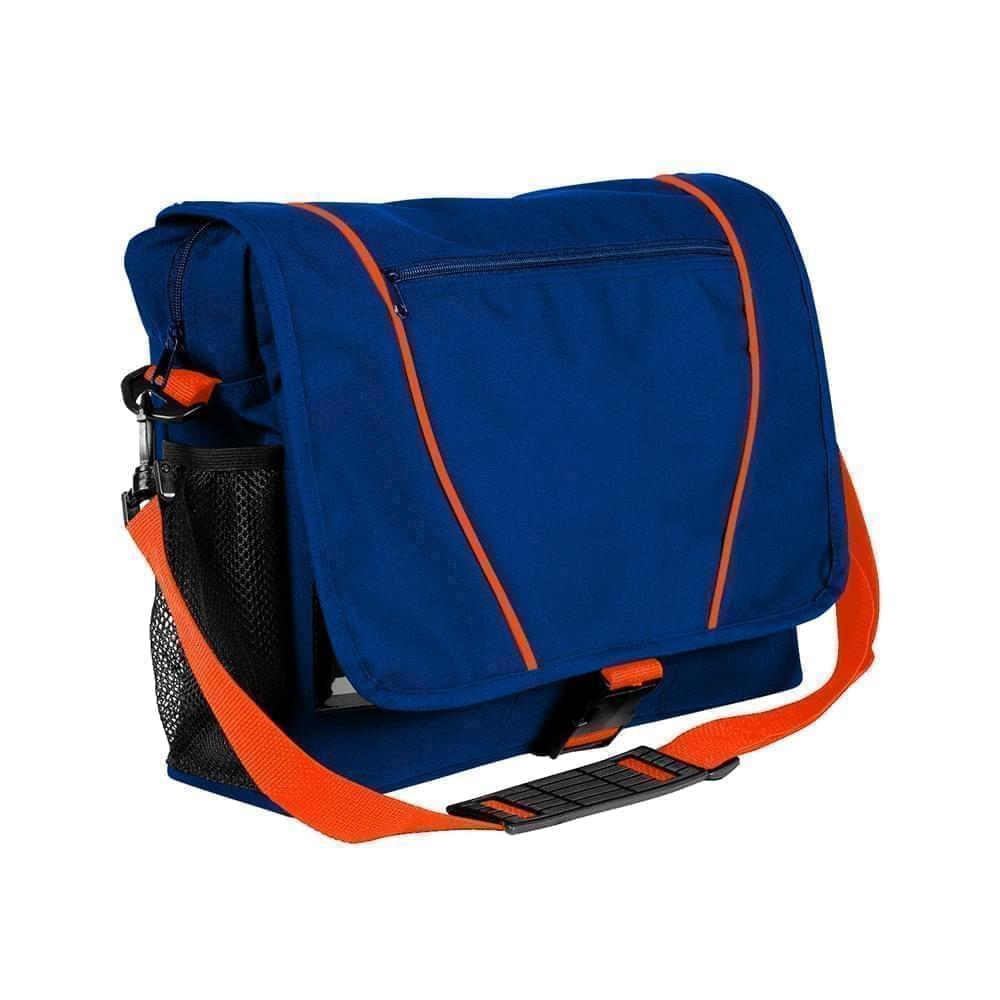 Computer Bags
Computer Bags
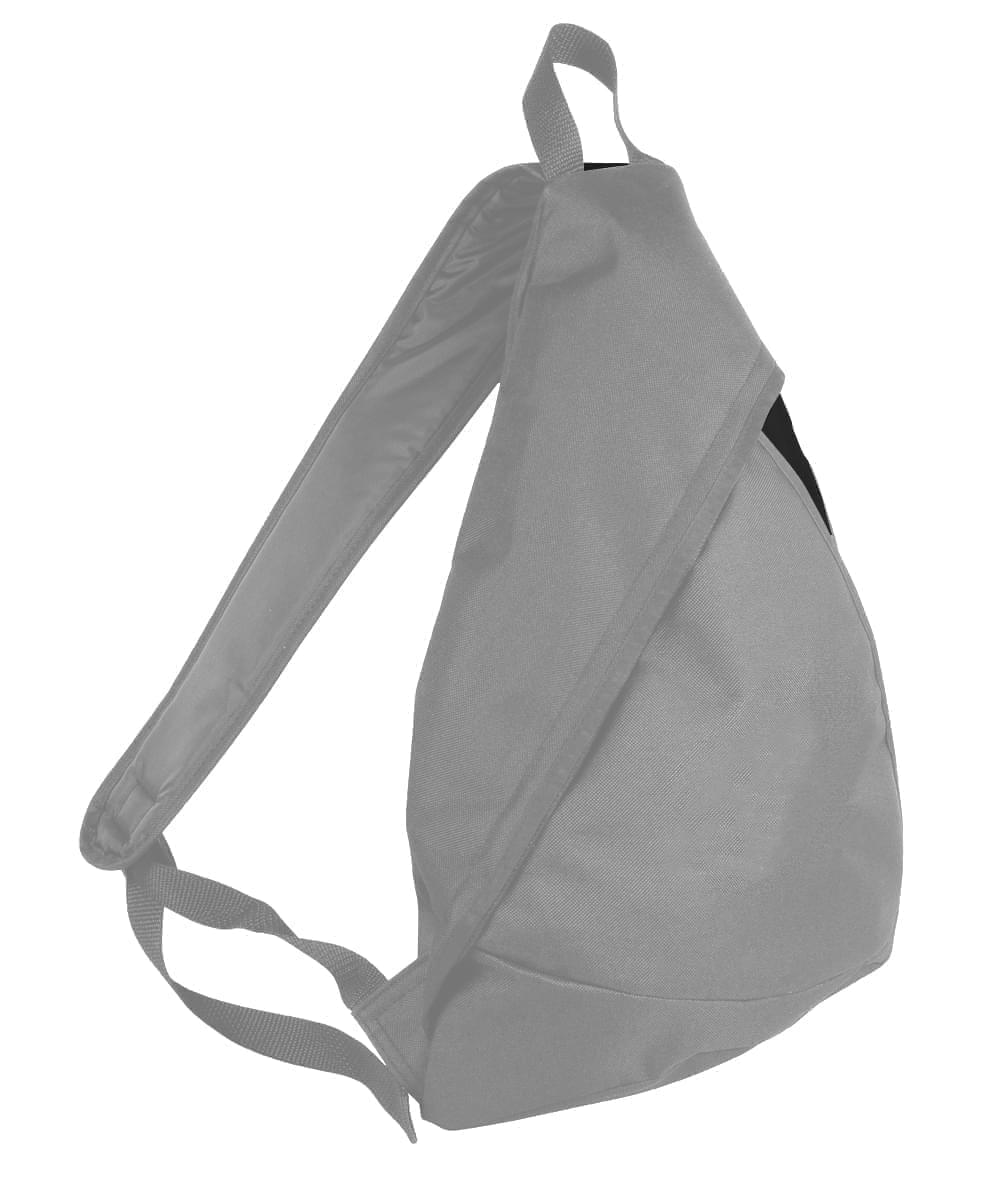 Sling Messenger Bags
Sling Messenger Bags
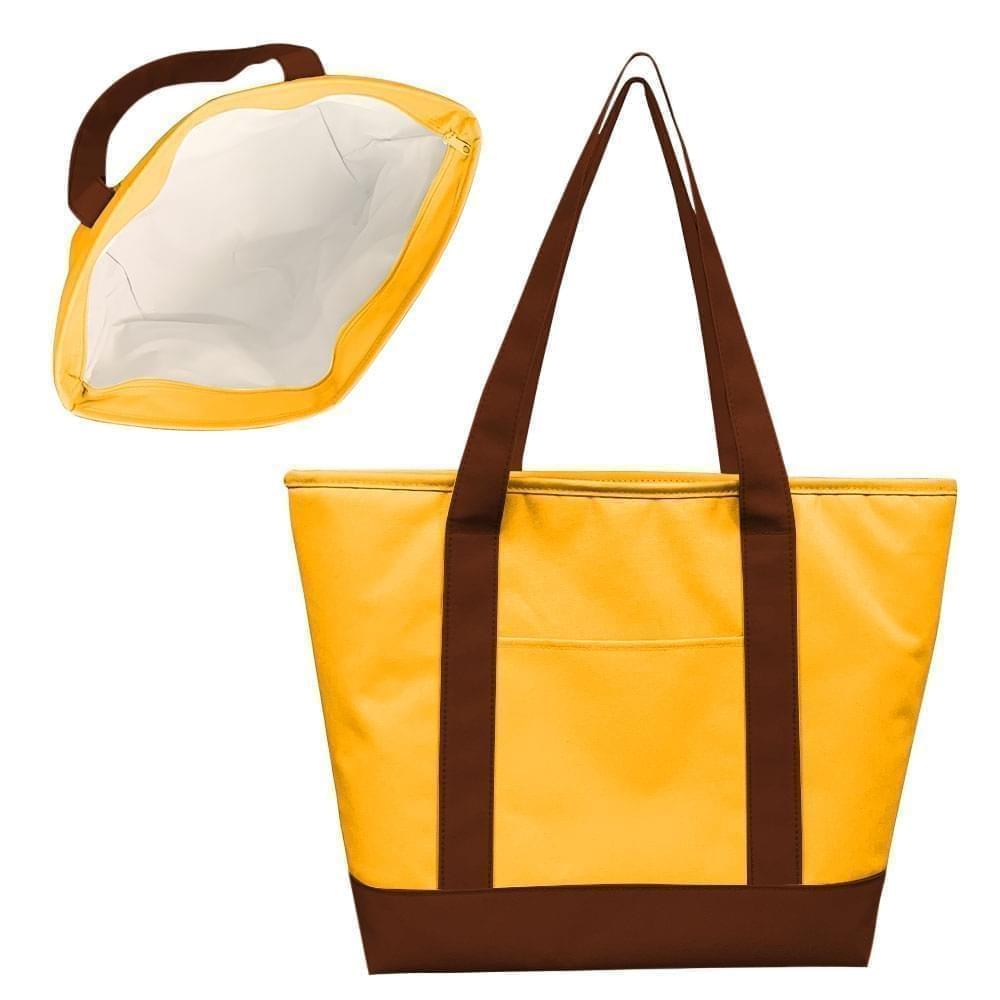 Cooler Bags
Cooler Bags
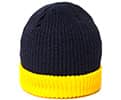 Cuff Hats
Cuff Hats
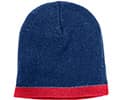 Beanies
Beanies
 Scarves
Scarves
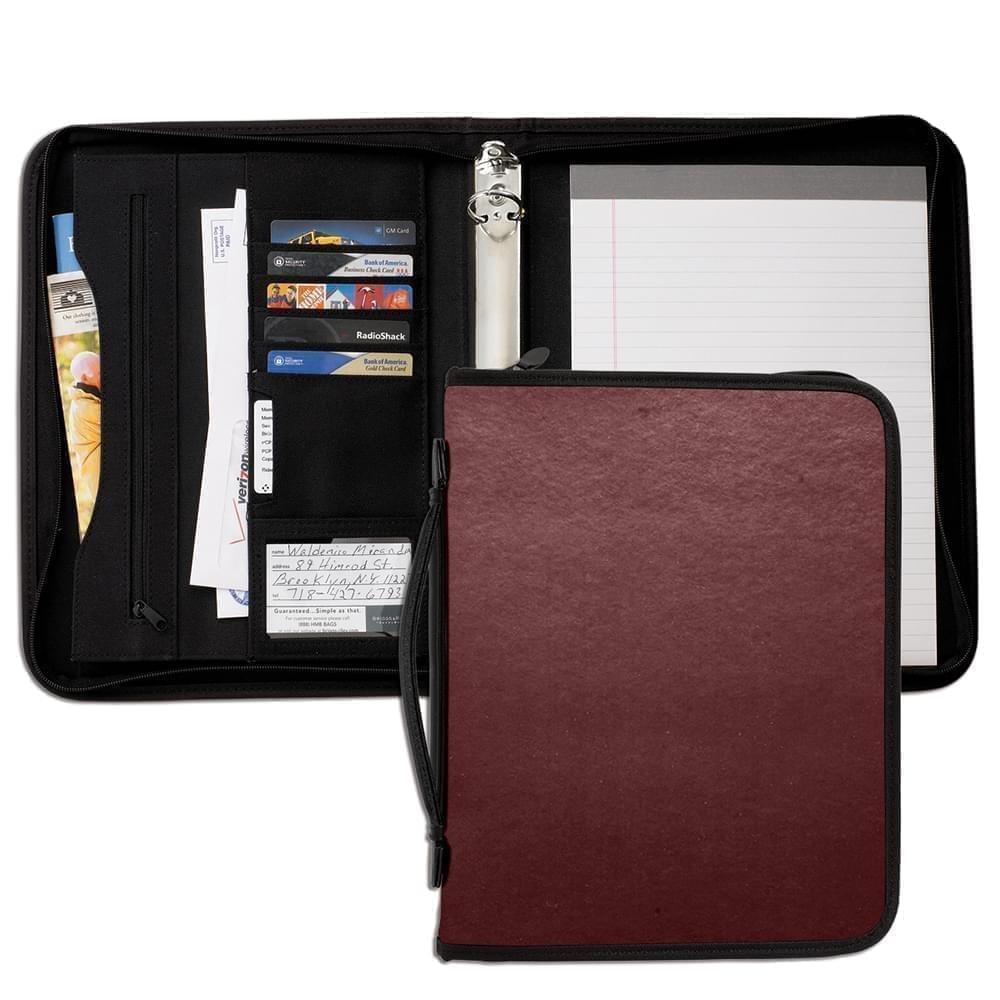 Zipper Folders
Zipper Folders
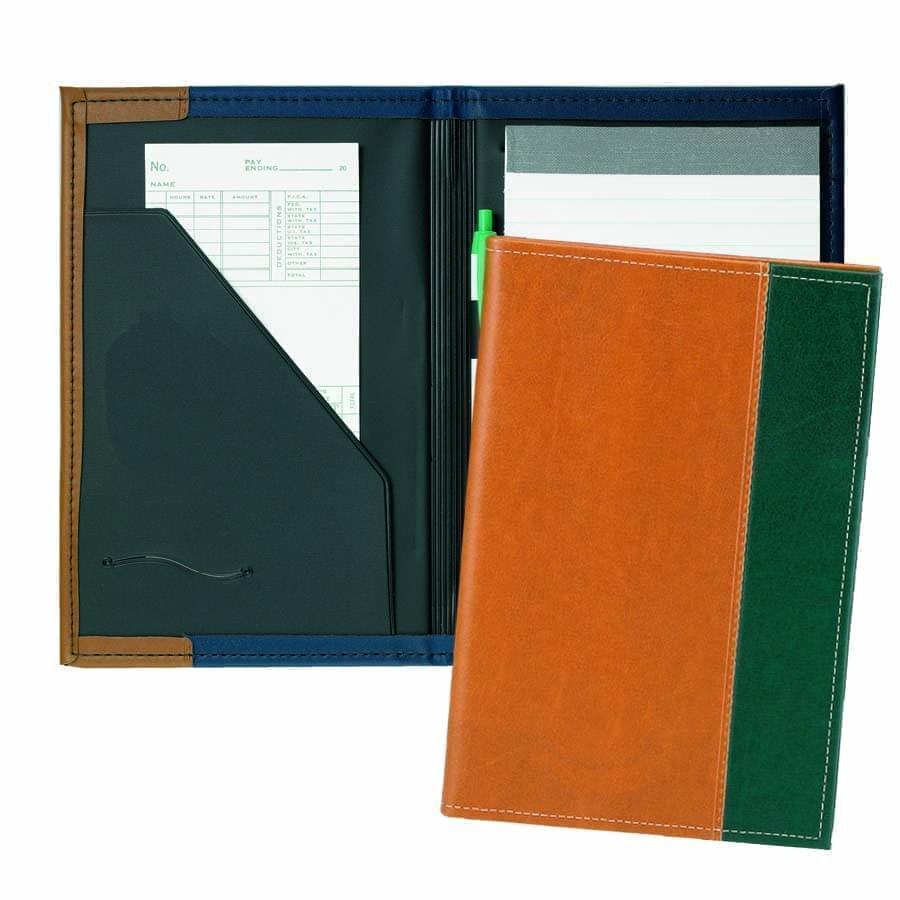 Stitched Folders
Stitched Folders
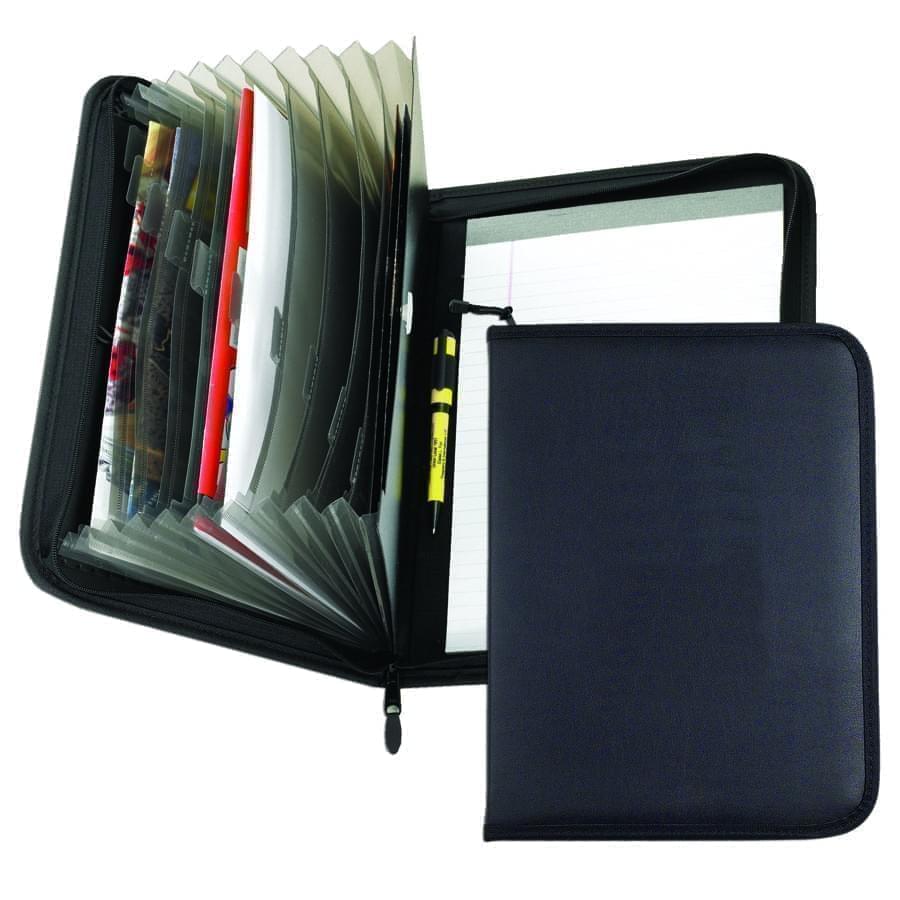 Accordion Folders
Accordion Folders
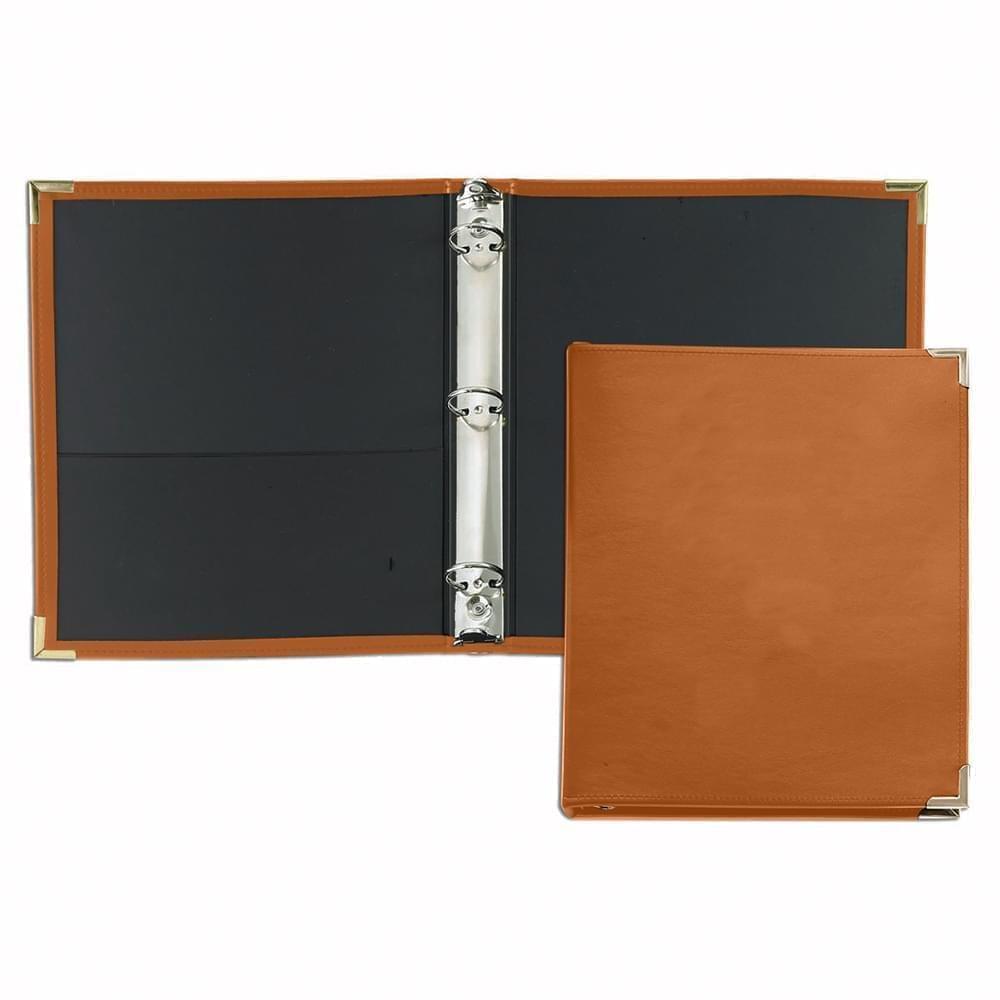 Ring Binders
Ring Binders
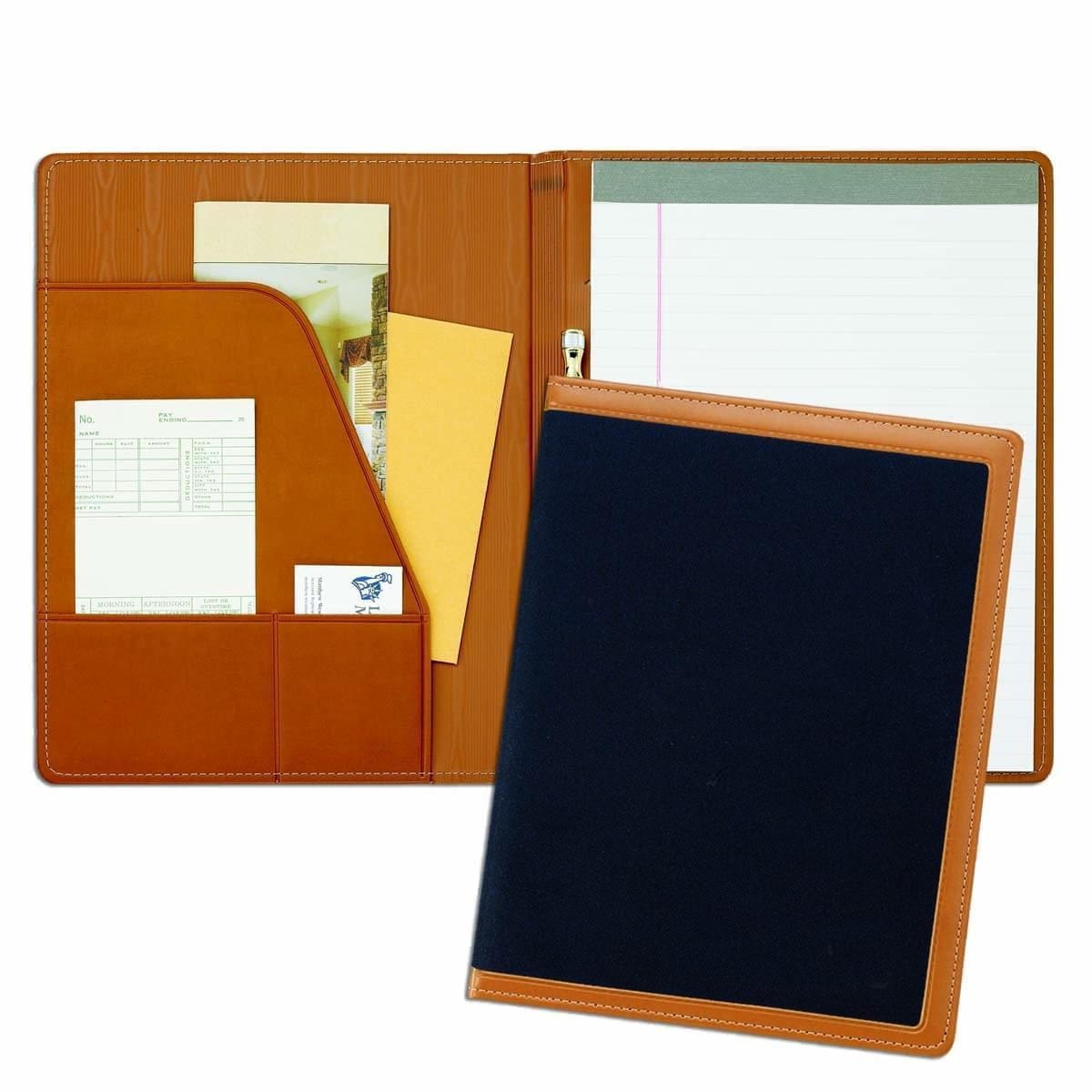 Letter Folders
Letter Folders
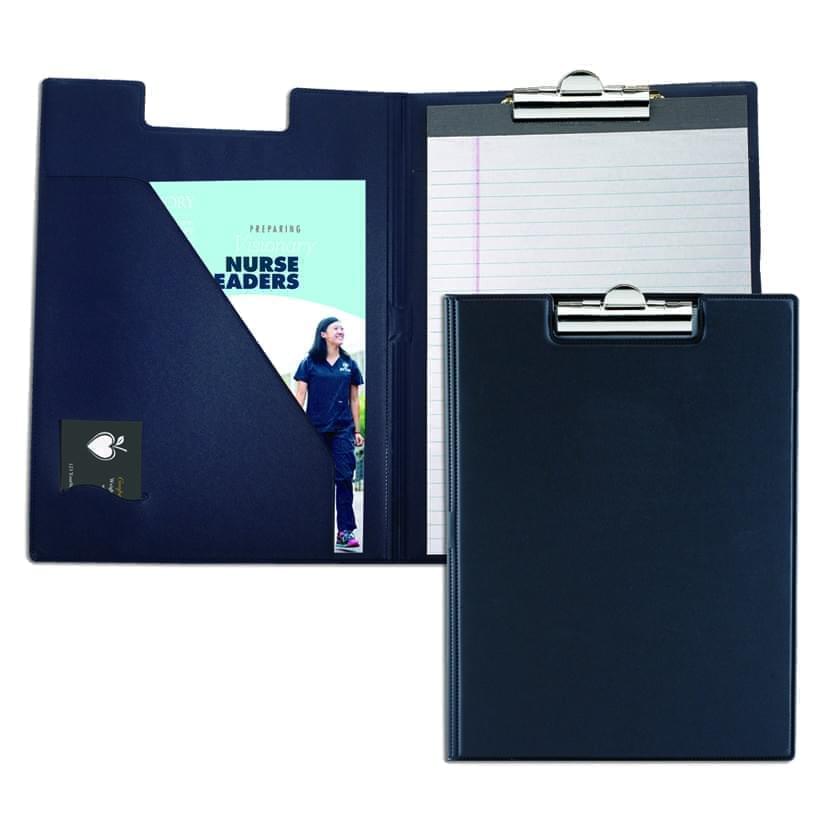 Clipboards
Clipboards

 Union Made In USA
Union Made In USA






